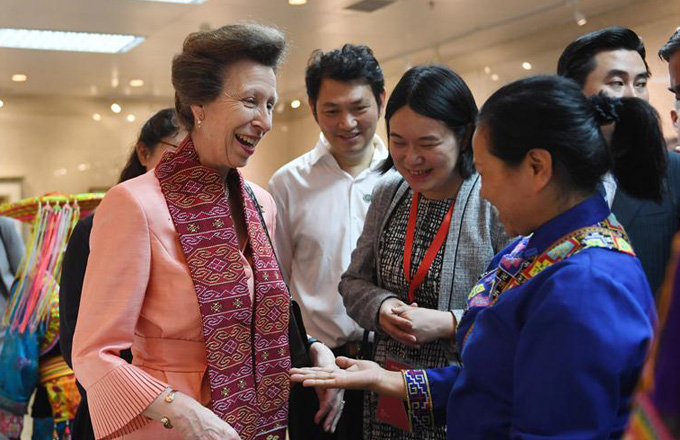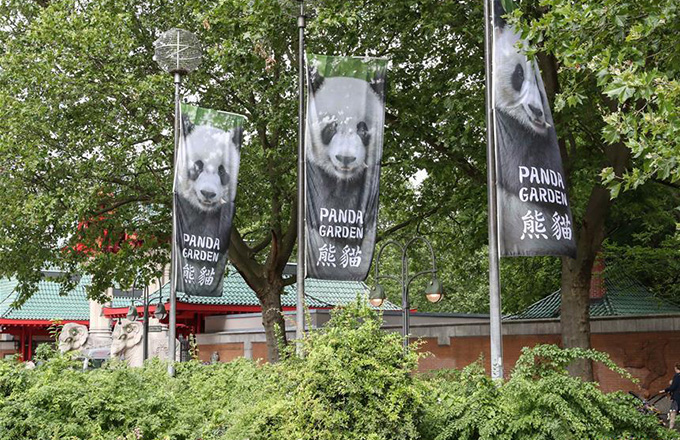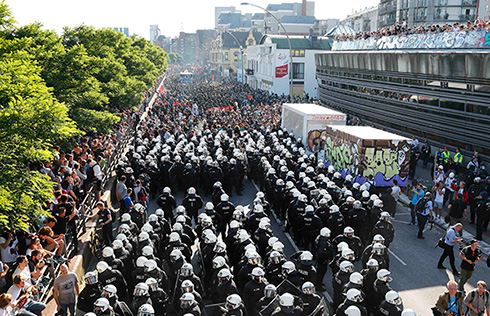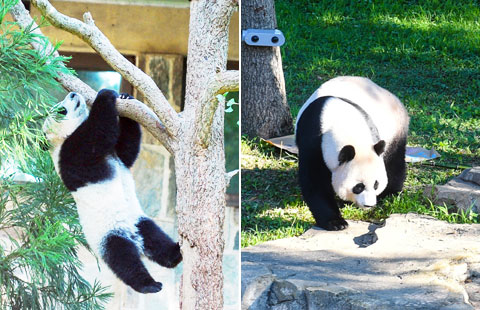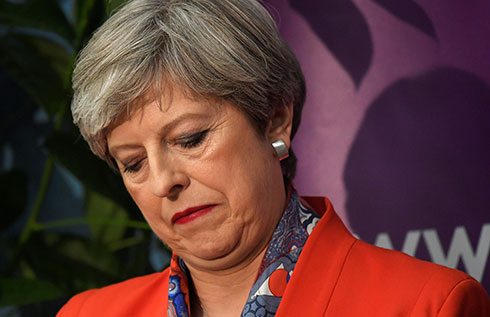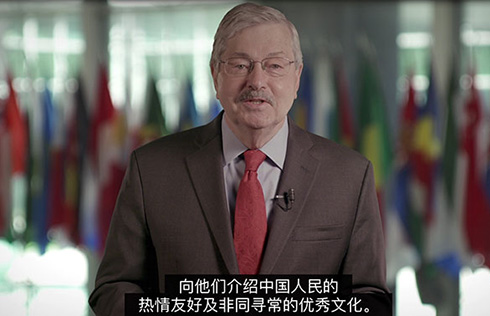Interconnected world the only way to make progress
If there's one word that may come to define the common approach to tackling the global political and economic challenges of the early 21st century, it's "interconnected".
Not only is it the key description of the Belt and Road Initiative, which involves 64 percent of the world population, but it also is the theme of the 2016 and 2017 summits of the Group of 20 states, which collectively account for 80 percent of the global economy.
China and Germany, the previous and current summit hosts, are strong defenders of globalization.
In September 2016, the G20 Summit in Hangzhou called for the building of an "interconnected" world economy. Germany has chosen "Shaping an Interconnected World" as the theme for this week's summit in Hamburg.
That is not a coincidence, but a testimony to the two major economies' shared stance at this global crossroads. They are excellent examples of success in mutual cooperation, free trade and globalization.
But rather than obstacles to trade, their social, cultural, governance and economic differences are complementary. They show the reason for the strengthening of ties that has paved the way for cooperation and synergies on key policies like the Made in China 2025 plan and Germany's Industry 4.0 strategy.
However, a recent rise in isolationism, protectionism and unilateralism poses a challenge to interconnection. Examples include the America-first policy, the UK's Brexit vote and the US withdrawal from the Paris climate accord.
Yet terror attacks in European capitals and the refugee crisis across the region stem from political turmoil in the Middle East and are not just local but global challenges. Stock markets across the world affect each other much more than they did just a few years ago.
In Hamburg, China will back German proposals on joint efforts on climate change, free trade, economic globalization, poverty and terrorism.
Such reciprocity arises from a shared vision and a sense of responsibility to the rest of the world, or the "human community sharing the same destiny", as President Xi Jinping put it.
After the US withdrawal from the Paris climate accord, German Chancellor Angela Merkel has put climate change high on the agenda at Hamburg. It's an issue that exposes the risk of division and the necessity of being interconnected.




